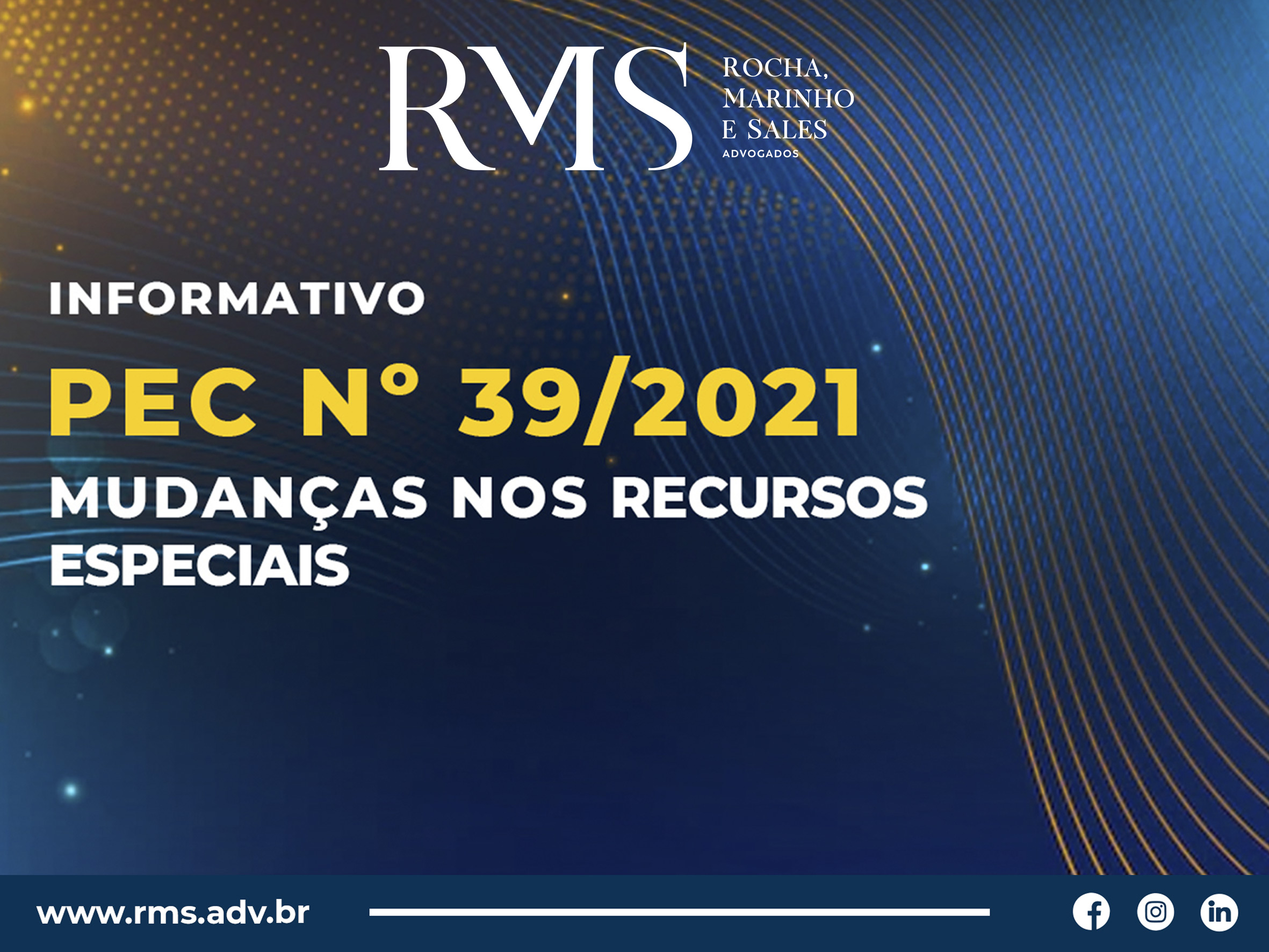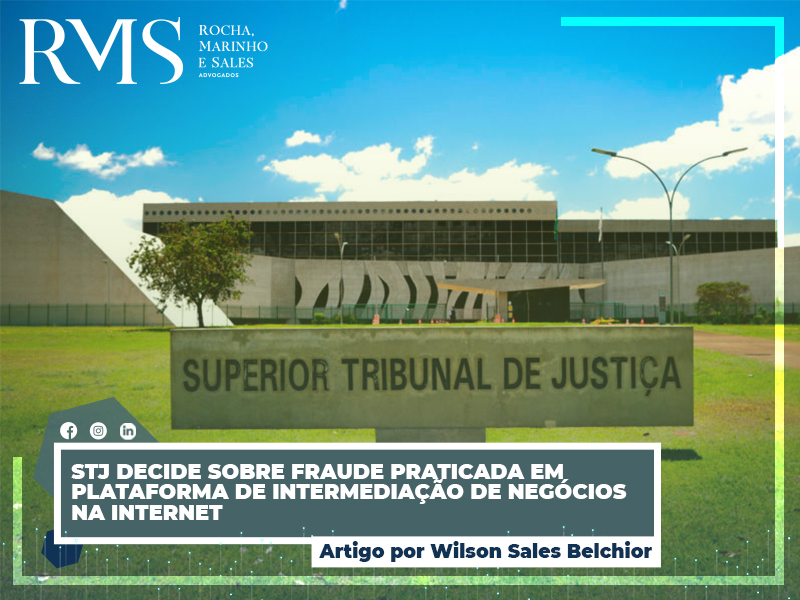TST decision recognizes obligation of beneficiary of free justice to pay succumbence fees
15/02/2021

Interlocutory Appeal in Review Appeal 20-34.2018.5.14.0005
The Minister Hugo Carlos Scheuermann, of the First Panel, of the Superior Labor Court, decided in the Appeal of Instrument in Review Appeal 20-34.2018.5.14.0005, for the condemnation of the complaining party to the payment of succumbence fees to the lawyers of the defendant party, fixed at 5% of the value of the case, thus recognizing an offense against Article 791-A, § 4, of the CLT in the regional judgment.
In the specific case, the Regional Labor Court denied following up on the review appeal, in a judgment published under Law No. 13,467 / 2017, in which it understood that “the declaration of material unconstitutionality of the expression ‘is imperative as long as it has not yet obtained a court judgment. that in another process, credits capable of supporting the expense ‘, contained in § 4 of article 791-A, with wording added by Law No. 13,467 / 2017 ”.
In the regional judgment, the understanding was presented that the passage of the aforementioned rule would violate constitutional provisions, such as, for example, the rights of access to justice and full and free legal assistance. In addition, it was understood that “the receipt of credits through the courts does not exclude the state of need and financial need” of the worker. Thus, even in the face of a condemnation of the payment of attorneys’ fees directed to a beneficiary of the gratuity of justice, “such amount must be under suspensive condition of enforceability”, limiting the possibility of execution to the demonstration that “the debtor left the situation economic under-sufficiency ”.
In the TST decision, it was expressly stated that, at this point, there was a violation of article 791-A, § 4, of the CLT, in view of the understanding that has been adopted in the TST, according to which “in the claims initiated after Law No. 13,467 / 2017, the rule of article 791-A, § 4, of the CLT is applicable ”.
In this sense, precedents of the 2nd, 3
ª, 4th, 5th and 8th Classes that admit the applicability of the referred article to the proposed demands from the beginning of Law nº 13.467 / 2017. They therefore understand that Article 791-A of the CLT does not violate constitutional provisions, on the contrary, it is compatible with the Constitution, having reestablished “the procedural balance between the disputing parties, making clear their objective of holding the parties responsible for procedural choices, as well as discouraging reckless struggles ”.
In this way, it is possible, according to the TST’s guidance, “the condemnation of the plaintiff to the payment of succumbent legal fees, despite being a beneficiary of free justice”, as well as the demand for payment when this subject has obtained credits capable of supporting the expense .
By: Wilson Sales Belchior




